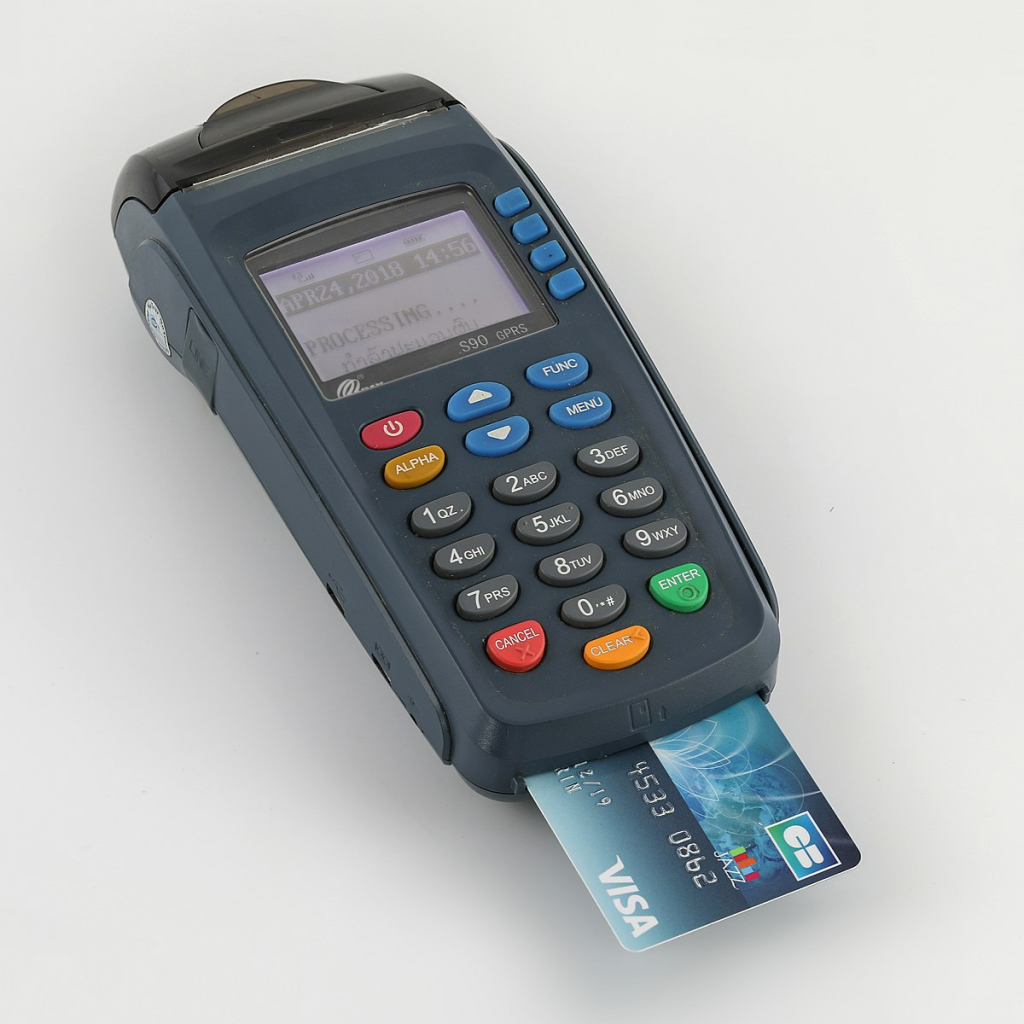Offering charge card machines involves moving the powerful landscape of economic engineering, knowledge the developing needs of businesses, and offering options that enhance effectiveness and customer experience. As a supplier, it’s vital to position charge card devices not just as purchase resources but as built-in aspects of a modern, streamlined business operation.
Among the important major points in offering bank card machines is displaying the advantages they bring to businesses. These devices enable protected and convenient transactions, flexible many different cost strategies from traditional card swipes to contactless funds and chip inserts. Focusing the speed and stability of those transactions is pivotal, specially in a world where customers expect smooth and fast cost processes.
Along with transactional effectiveness, dealers should underscore the safety features stuck in modern bank card machines. With raising issues about information breaches and fraud, corporations are willing on adopting options that prioritize the safety of financial transactions. Bank card products equipped with security technology and compliance with business standards provide a safe environment for equally businesses and their customers.
Understanding the varied needs of organizations is paramount in selling bank card machines. Different industries may possibly need particular features, such as for example supply administration integration, hint running for eateries, or recurring billing for subscription services. Customizing options on the basis of the distinctive demands of each client fosters confidence and assures that the credit card unit aligns seamlessly using their functional processes.
More over, suppliers need to stay educated about the most recent developments in credit card machine technology. This includes awareness of emerging tendencies such as cellular cost possibilities, digital wallets, and the integration of synthetic intelligence in cost systems. Demonstrating a comprehensive knowledge of the ever-evolving fintech landscape instills self-confidence in clients, assuring them that the options provided are at the front of industry innovation.
Creating solid relationships with clients is an intrinsic part of effective credit card unit sales. This implies not only knowledge their quick wants but in addition anticipating future requirements as their corporations grow. Establishing continuous interaction programs and giving sensitive customer care subscribe to a confident and enduring partnership.
Educating clients concerning the cost-effectiveness of credit card products is yet another important part of the selling process. While there may be an initial investment, focusing the long-term savings from reduced money handling, minimized individual errors, and increased exchange quantities may sway companies toward knowing the worthiness of those products as proper resources rather than mere expenses.
Finally, suppliers should consider offering detailed training and onboarding help to clients adopting bank card devices for the first time or transitioning to improved systems. how to sell credit card machines guarantees an easy integration method, minimizes disruptions to day-to-day procedures, and enhances the benefits of the newest technology. Providing ongoing instruction options also roles retailers as valuable lovers committed to the success of their clients.

To conclude, offering credit card products takes a multi-faceted approach that mixes technological expertise, a strong understanding of client wants, and efficient connection skills. By positioning credit card products as transformative resources that enhance security, efficiency, and client satisfaction, retailers donate to the modernization and success of organizations across different industries.
